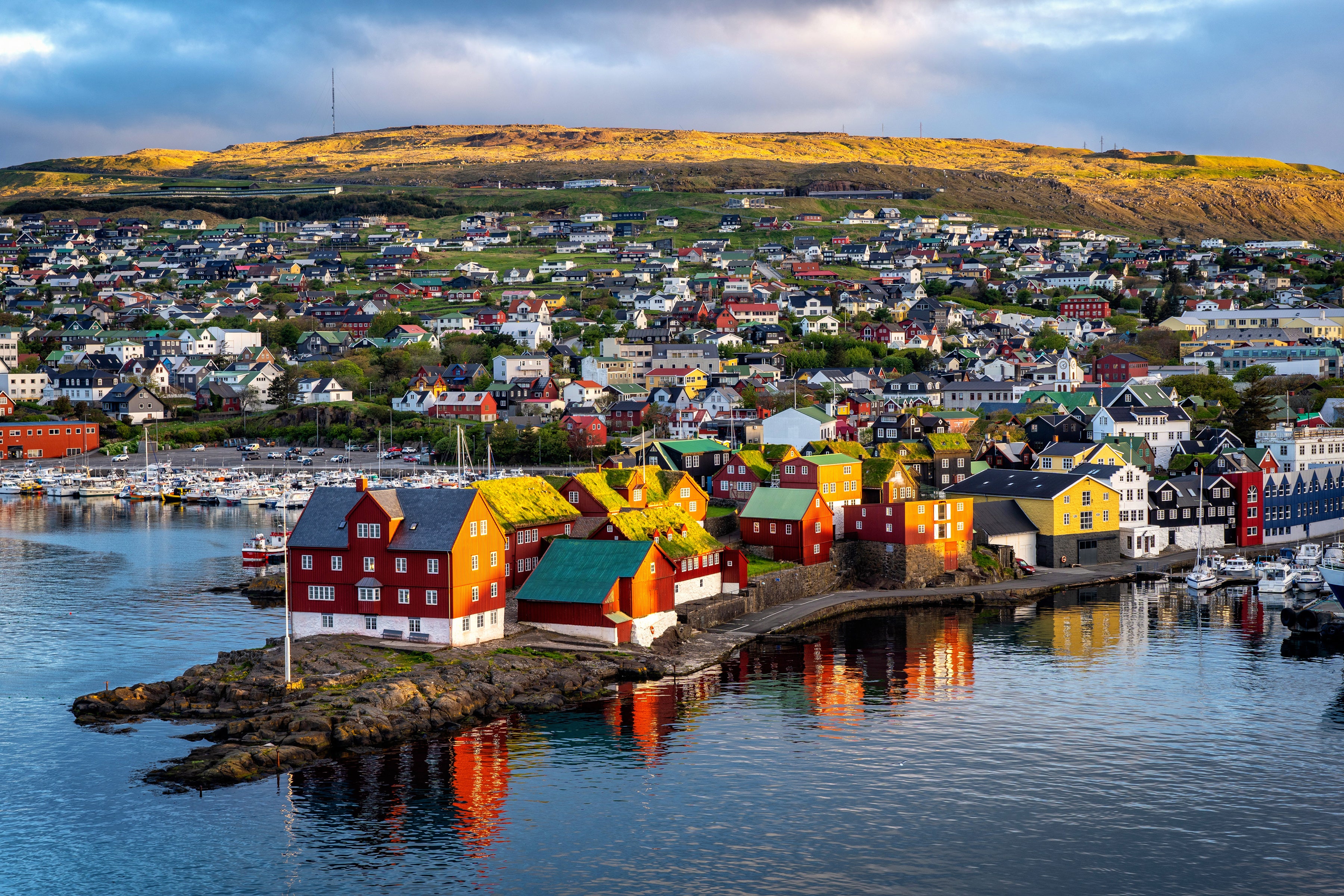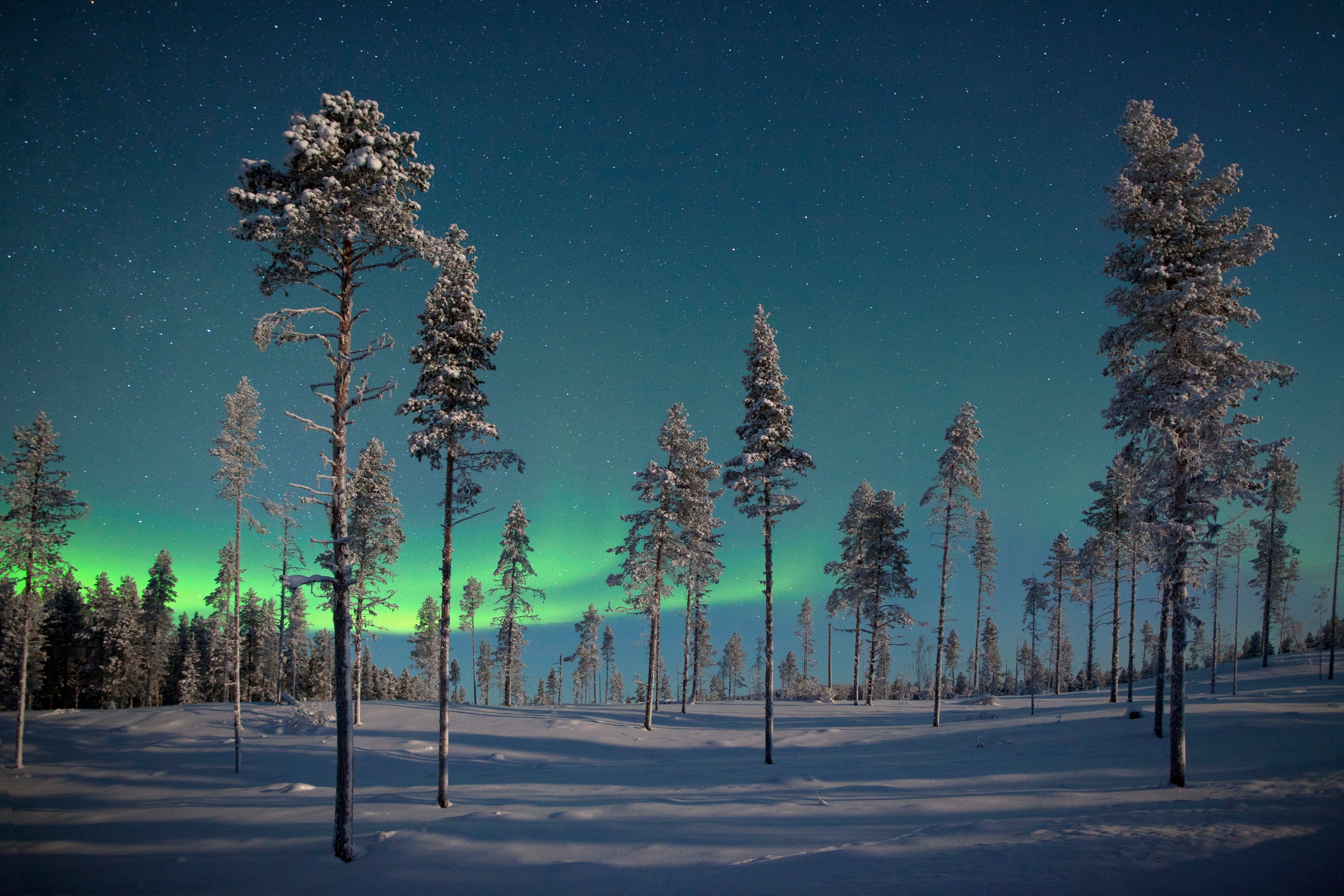
Do you have a trip planned to Copenhagen, Denmark’s vibrant capital? Arrive in the city via the train you’ll receive a free yoga session. Or why not participate in a cleanup at the harbour and get a complimentary boat ride on the river?
It’s all part of the city’s CopenPay scheme, which, for the second year running, is rewarding tourists for planet-friendly actions. The initiative, which is running from 17 June to 17 August, is unprecedented. But ‘climate rewards’ – which encourage travellers to make sustainable choices – exist elsewhere. Should they become the norm?
Relations between tourists and local people became increasingly fraught this summer, with protests in destinations like Mallorca, Tenerife and Barcelona.
Cruise ships have been advised to prepare to switch their routes to avoid protest groups – such as ones armed with water pistols in Barcelona. Local people are rejecting the relentlessness of mass tourism, which offers them little benefit, while crowding – and pricing – them out of their homes. The Copenpay scheme is a rare ray of positive news: the carrot instead of the stick (or water gun).
“Encouraging responsible travel is essential to mitigate the negative impacts of mass tourism and to foster better relationships between locals and visitors,” says Julijo Srgota, director of the Dubrovnik and Neretva County tourist board. Dubrovnik was named the most ‘overtouristed’ European destination in 2019, and now fines tourists who wheel, rather than carry, noisy suitcases in the old town.

Most destinations don’t want to see tourism disappear entirely. It makes vast economic contributions. But many do want more responsible visitors.
The CopenPay scheme highlights Copenhagen’s green reputation. The city’s many eco landmarks include CopenHill, a waste-to-energy plant that encourages tourists to slalom down its dry ski slope roof. The initiative has returned in 2025 three times bigger, with 90 participating attractions across the city that are offering free entry, discounts, guided tours or bike rentals in return for choosing sustainable travel routes, green actions like litter-picking, or lengthening your stay in the city.
Other ‘green’ destinations could be well positioned to follow its example. Many are already working towards making tourism more responsible.
Read more: What happened when we ditched the Canaries for a more sustainable family trip to Paris
“CopenPay is a brilliant way to nudge travellers to make sustainable choices," says Susanna Sorensen, marketing manager at Visit Faroe Islands. They have long insisted that tourism can be used for good, in 2019 announcing temporary closures across the islands, when travellers could come as ‘voluntourists’ and help repair hiking paths.
Places like Iceland and New Zealand encourage travellers to take an online ‘tourism pledge’ to travel responsibly, which includes (for Iceland) promising that “when nature calls, I will not answer the call on nature”.
Others, like Costa Rica, hope to make travel better with green certification schemes for businesses. Barcelona has the most certified sustainable tourism businesses in Europe.

A 2025 Booking.com report suggests that seven out of 10 travellers aim to leave a destination better than they found it.
This isn’t always expressed in how we travel, as anyone who’s opted for a cheaper, faster flight over a train can attest.
We still need incentives to act – a little nudge in the right direction. Fortunately, green rewards already exist in different guises.
Read more: The best flight-free holiday destinations from the UK
In Belfast in 2017, cycling charity Sustrans set up Pedal Perks, so local businesses could give discounts to patrons on two wheels. It’s now expanding across Northern Ireland. “It encourages people to use active travel to the benefit of local businesses as well as themselves,” says Anne Madden, from Sustrans Northern Ireland.
Each plastic-free July, residents and visitors in cities, beaches and beauty spots globally participate in cleanups. In London, participants in the past have been rewarded with a free drink.
“We’re also seeing more and more hotels and destinations around the world rewarding their customers for ‘greener’ behaviour – a welcomed trend,” says Krissy Roe, senior sustainability manager at Inghams, one of the UK’s most experienced specialist tour operators. They offer £200 off holidays to returning guests if they travel by train or ferry.
This year, ski areas in the Alps including Morzine – Les Gets and Via Lattea offered up to 25 per cent off ski passes if you came by rail.

Look out for ‘climate rewards’ and ‘green vouchers’. Award-winning holiday company Wild Sweden offers a free meal at Hotel Savoy in Lulea and spa access to those who come to Swedish Lapland by train for their Northern Lights and wildlife holiday. “I highly recommend travelling by night train, it’s the perfect way to start your adventure,” says founder and owner Marcus Eldh. He’s increasingly seeing travellers opt to use Sweden’s electric trains, which run on renewable energy.
St Hilda Sea Adventures, a family team specialising in small ship cruises along Scotland’s west coast, offer a ‘Green Voucher’ of £50, which guests can choose to donate to the Marine Conservation Society.
Read more: From living roofs to smashed peas on toast - what does it take to become a B Corp hotel?
Visiting a private Seychelles island does not mean you have to book an expensive, high-end resort. Instead, visitors can embark on a conservation holiday monitoring sea turtles and other marine life while staying amongst a paradisal landscape of sandy beaches, rugged hills and a crystal-clear ocean.
So, is this attitude – and the schemes – here to stay? Would you spend your short city break litter-picking, not sightseeing? Or waste a day on the train?
‘Slow travel’ is the art of making the journey part of the experience of your holiday. While over 100 UK companies have signed their staff up to Climate Perks, an employee benefit scheme that offers paid ‘journey days’ in addition to holiday leave. But this attitude is far from the norm in the UK.
While green rewards exist, they’re not yet widespread. Many, like Copenpay, are in the early stages. We’d need larger, more joined-up schemes, and bigger incentives to see real changes to how we behave on holiday. Even then, they aren’t a cure-all for overtourism’s wide-ranging negative impacts.
Still, at a time when tourism has an image problem, climate perks could help repair rocky relationships with our well-loved, but ill-used, holiday destinations.
Eloise Barker is a writer at Responsible Travel
Read more: From apitourism to agritourism - unusual ways to travel ethically
Tourists arriving by train to Copenhagen to be rewarded by city
The enchanting Spanish town that got tourism right
Tenerife’s natural reserve proposes limit on tourist numbers
What happened when we ditched the Canaries for a more sustainable trip to Paris
The best flight-free holiday destinations from the UK
From living roofs to smashed peas on toast: What it takes to become a B Corp hotel







